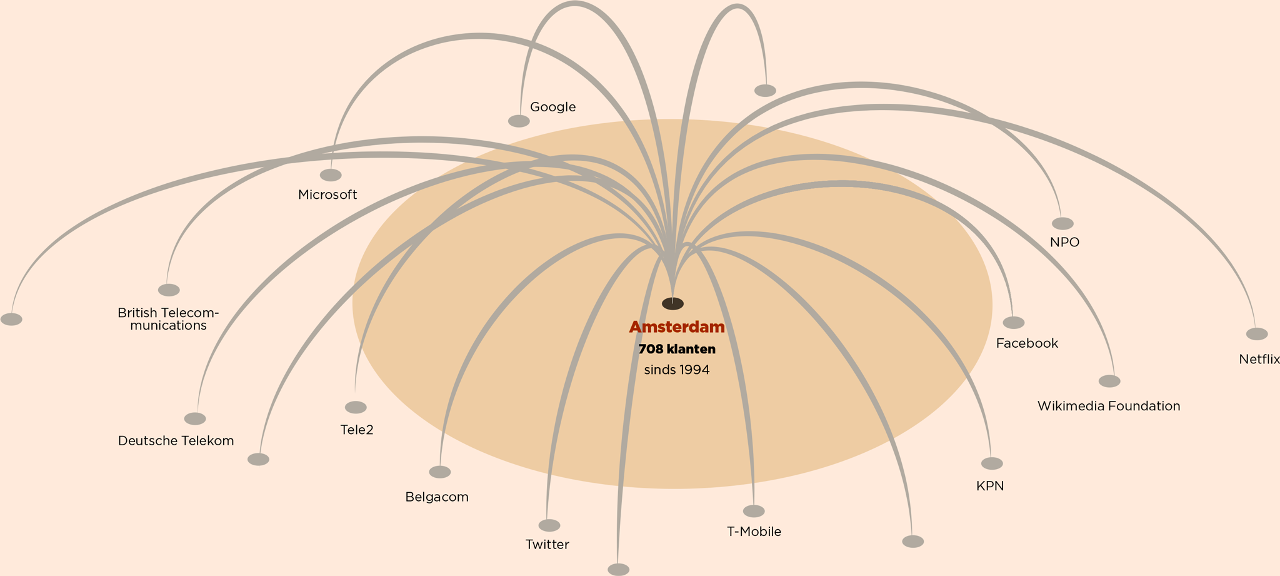Dutch Minister of Interior Ronald Plasterk is trying to pass an amended wiretap law making it easier for the police and intelligence agencies to wiretap civilians. This law could trigger a global domino effect with dire privacy implications

The New Law
The new law allows the police and intelligence agencies to wiretap not only the suspects themselves but also the relatives of suspected terrorists and serious criminals. It will even be possible for the police and intelligence agencies to wiretap an entire street if the cause arises.
The Act furthermore grants Dutch intelligence agencies data retention for three years by Service providers, the data can and most likely will be shared with foreign Intelligence agencies like the NSA.
With the old wiretap Act the police and Intelligence agencies could only target specific individuals and only if there was sufficient cause.
The Pro
The intelligence agencies argue that the Act is necessary for the fight against terrorism and to enhance cyber security. They claim that there is no other way to single out the data for one person with the increased data flow through fiber optic cables. All the data has to be downloaded and then analyzed but with the new law it will be possible to cast a wider "net". This way intelligence agencies will be able respond faster against possible threats and prevent possible attacks either terrorist or cyber.
The Cons
Privacy organisations are against the law and are not convinced that this law will actually prove effective in the fight against terrorism. There is nothing to support the claims of the intelligence agencies and the police. The Dutch seem to be following the USA who already introduced Laws like the Patriot Act and the Communications Assistance for Law Enforcement Act which were highly criticized.
Why this law matters
The Netherlands is a major hub for the fiber optic network, data for many different countries is routed through the Dutch network. The Amsterdam Internet Exchange (AMS-IX), is one of the biggest Internet hubs in the world.
The data handled by the AMS-IX is at its peak 5.513 Tb/s
The Dutch AMS-IX is one of the largest, if not the largest internet roundabouts in the world routing traffic from Europe to the Middle East, from the United States to Hong Kong and back. All the data from major internet companies like Google, Twitter, Facebook but also Telecom companies pass through the internet Exchange.
With the new law it will be possible to to tap into all this data, analyse it and store it for whatever use the Intelligence agencies see fit.

Conclusion
The fight against terrorism and the increased dangers of cyber attacks have provided police and intelligence agencies an opportunity to increase their control of the internet and telecommunication networks. The obvious downside is that we as civilians are in increased danger of being violated in our right to privacy.
The reasons that are given for the new law are in my opinion invalid. The police and intelligence agencies need to focus on technological innovations to effectively target suspect individuals. The argument that the data streams are too big to filter out specific communications just means that they need better ways to accomplish this and not violate other people's privacy just because it is more convenient.
What do you think about this development, is it necessary in the battle against terrorism and cyber criminals? Will other countries follow suit, tapping into the other Internet Exchanges? Or is it a direct attempt from Big Brother to take away some of our right to privacy?
Let me know in the comment section

If you like my posts then click on the image to follow

The Future of Gaming Consoles
Highly Recommended!-Quality vs Quantity on Steemit
Why no one talks about Steam Machines anymore
Anime: Dubbed or Subbed
Marketing and Manipulation

